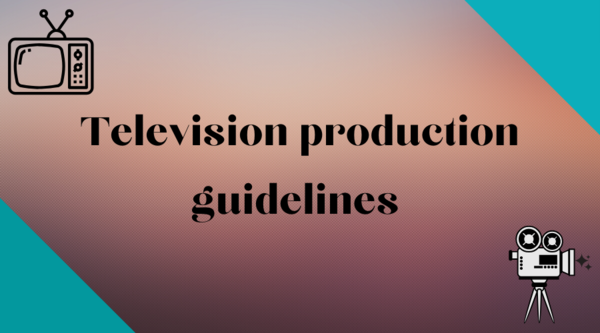Boom time in Bristol for TV production
Television has never had it so good in Bristol, with indies and talent flocking to the city to meet the demands of soaring production.
According to new research from the University of the West of England, “Go West”, there are currently 197 creative companies in the Bristol city region, supporting 2,500 permanent jobs and thousands more freelancers.
Sky, Netflix and All3Media have invested in the city’s indies, and Channel 4 has opened one of its two regional Creative Hubs in Bristol.



